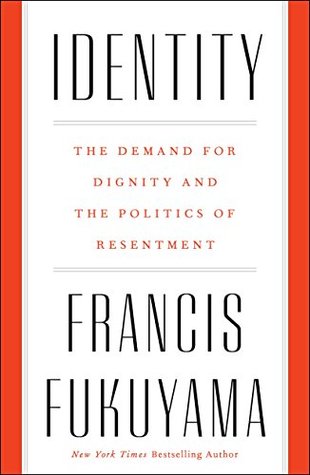Research on ethnic movements around the world has shown that individual self-esteem is related to the esteem conferred on the larger group with which one is associated; thus the political would affect the personal.1 Each movement represented people who had up to then been invisible and suppressed; each resented that invisibility and wanted public recognition of their inner worth. So was born what we today label as modern identity politics. Only the term was new; these groups were replicating the struggles and perspectives of earlier nationalist and religious identity movements.
Welcome back. Just a moment while we sign you in to your Goodreads account.


